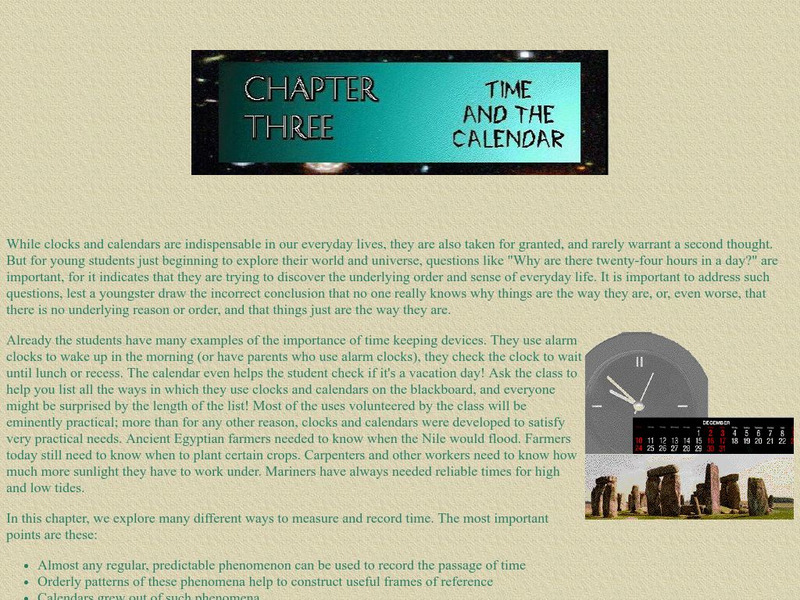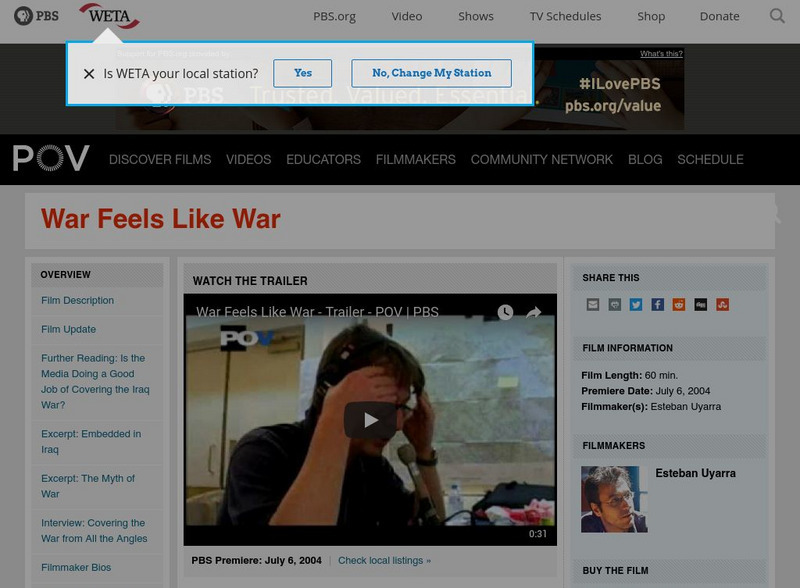Hi, what do you want to do?
Curated OER
Water Density Boundaries
Learners create observable layers in water that represent a separation based upon density differences. They model density boundaries using differences in temperature and salinity. They, in groups, perform a meaningful experiment...
Curated OER
Hands of Doom
Students discuss the four essential step used for safe food handling: clean, separate, cook, and chill. They identify the bacteria that can cause food poisoning, practice how to properly wash hands before and after handling food,...
Curated OER
Paper Tower Challenge
Student explore the challenge of building a tower using paper. They build their tower using paper and record the height of their tower. Students collect and record the heights of other towers and use that data to create a spreadsheet.
Curated OER
A Sore Sight for Eyes
Young scholars consider 'visual blights', including technology-related ones, in their communities.
Curated OER
About to Explode
Young scholars explore Mount St. Helens' quiet eruption of 2004-2005. They examine different types of eruptions and then present creative first-hand accounts of different volcanic eruptions in history.
Curated OER
Using SWMP Data
Young scholars are introduced to the SWMP system which tracks short-and long-term changes in water. Using this data, they plot and interpret the data on a graph to determine how human activities are lowering the water quality. They also...
Curated OER
Hospital Tag
Students participate in a game of tag in which they must perform a variety of activities to be unfrozen after being tagged. They use a variety of locomotor skills while moving around the play area.
Curated OER
Participants are challenged to create several different sorting groups for the set of images.
Young scholars examine the influence of interaction with other cultures and the environment in relation to calendars. They also look at the origins of the calendar we use every day.
Curated OER
Mapping My Community
Ninth graders are introduced to GPS technology. They complete fieldwork as they visit a specific area of their community to identify and map types of land use in the surveyed area. They use the collected data to create a digital map.
Curated OER
Barriers to Change: The Myths about Vehicle Idling
Pupils have the opportunity to confront some of the most common misconceptions that surround vehicle idling, and employ the concept of social marketing to initiate change. The goal is to give students an appreciation of the impact of...
Curated OER
Who Invented It? When? Chinese Inventions: An Introductory Activity
Learners use Robert Temple's "The Genius of Chins: 3,000 Years of Science, Discovery and Invention", to understand how much the Chinese have contributed with their scientific and technological ability.
Curated OER
Bones and Muscles
Third graders are introduced to bones as the body's means of support and protection. They research bone facts and conduct an experiment with chicken bones. They identify and observe involuntary muscles at work.
Curated OER
Seed Selection for Genetic Variation
Students will research the origin of corn, analyze factors that contribute to shorter and longer growing seasons, and use the scientific method to answer the question: Did seed selection contribute to the successful movement of corn from...
Curated OER
Speedball
Learners work as a team in a game of Speedball. They are taught to value the benefits of physical activity as they investigate a new sport. Students successfully participate in a game of Speedball after participating in a drill that...
Curated OER
Electrical Engineers for a Day
Students build a robot out of a 3-¿¿ inch floppy disk drive, two floppy disks, and some other miscellaneous supplies. They apply information they gather about electrical circuits from a web-based circuit design program.
Curated OER
Biological Sampling Device Using a Sea Perch
Young scholars construct plankton nets to be towed and collect specimens to be examined and analyzed in the classroom. They develop research skills through collection of an aquatic sample. They write lab reports after interpreting,...
Curated OER
What is an Estuary?
Students define the terms estuary and watershed. They conduct an experiment to determine the density differences between fresh and saltwater. They examine the salinity distribution of the Peconic Bay Estuary.
Curated OER
Dribbling Math
Students practice adding, subtracting and multiplying numbers while working on dribbling skills. They play the role of munchers and dribblers while adding, subtracting and multiplying numbers from a deck of cards.
Curated OER
Geese and Sandhill Cranes of Nebraska
Learners gather information on the geese and cranes found in Nebraska. Students explore ways they can help save their habitats. Also, learners use additional general information they connect artwork to their research topic.
Curated OER
Making a Food Web and Learning About Ecosystems
Third graders examine the difference between a food web and food chain. They also examine the importance of the sun in a food web and food chain. Students understand what happens when you remove parts of the chain.
Curated OER
Treasure Hunt Region
Learners are introduced to new geography related vocabulary words. In groups, they focus on a different region of the school and develop a new name for it. They create a treasure map for another group to use in the region of the school...
Harvard University
Harvard Smithsonian Center for Astrophysics: Time and the Calendar
This lesson helps students discover the importance of time and the calendar, and how they each bring order to life. Each activity is designed for students understand the passage of time, how to keep time, international time zones,...
PBS
Pbs Teachers: Time Travel
Use this NOVA lesson to discuss the nature of time and the grandfather paradox. Examine time from different perspectives by plotting ages on a timeline, estimating how long a minute is and imagining going back in time to change something...
PBS
Pbs Teachers: War Feels Like War: Journalism in War Time (Teacher Resources)
Assess a lesson plan that revolves around the role of journalists in a democracy, especially considering the challenges and ethics of reporting from a war zone. Should broaden student understanding of Thomas Jefferson's ideal of an...
Other popular searches
- Lessons on Time Zones
- Time Zone Lesson Maths
- Time Zone Lesson Australia
- Time Zone Lesson Plans
- Time Zones Lessons Free
- Us Time Zones Lessons




























